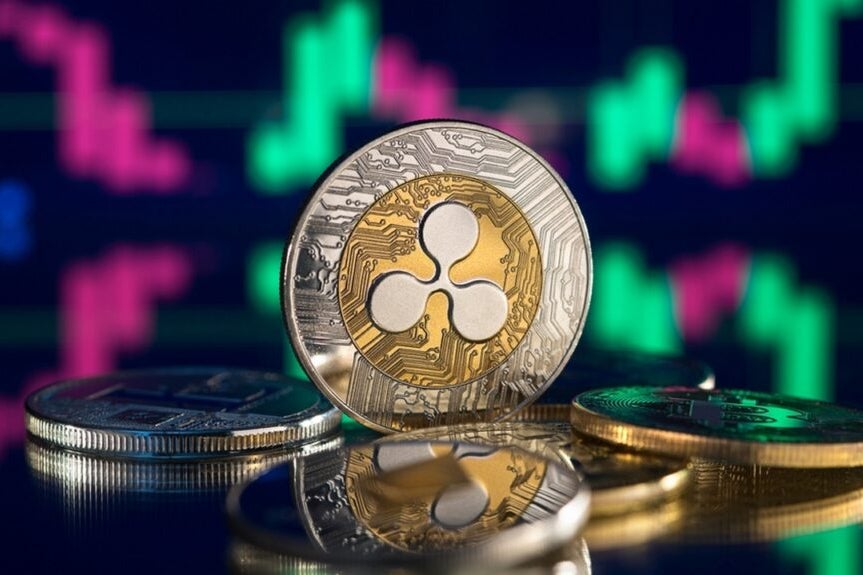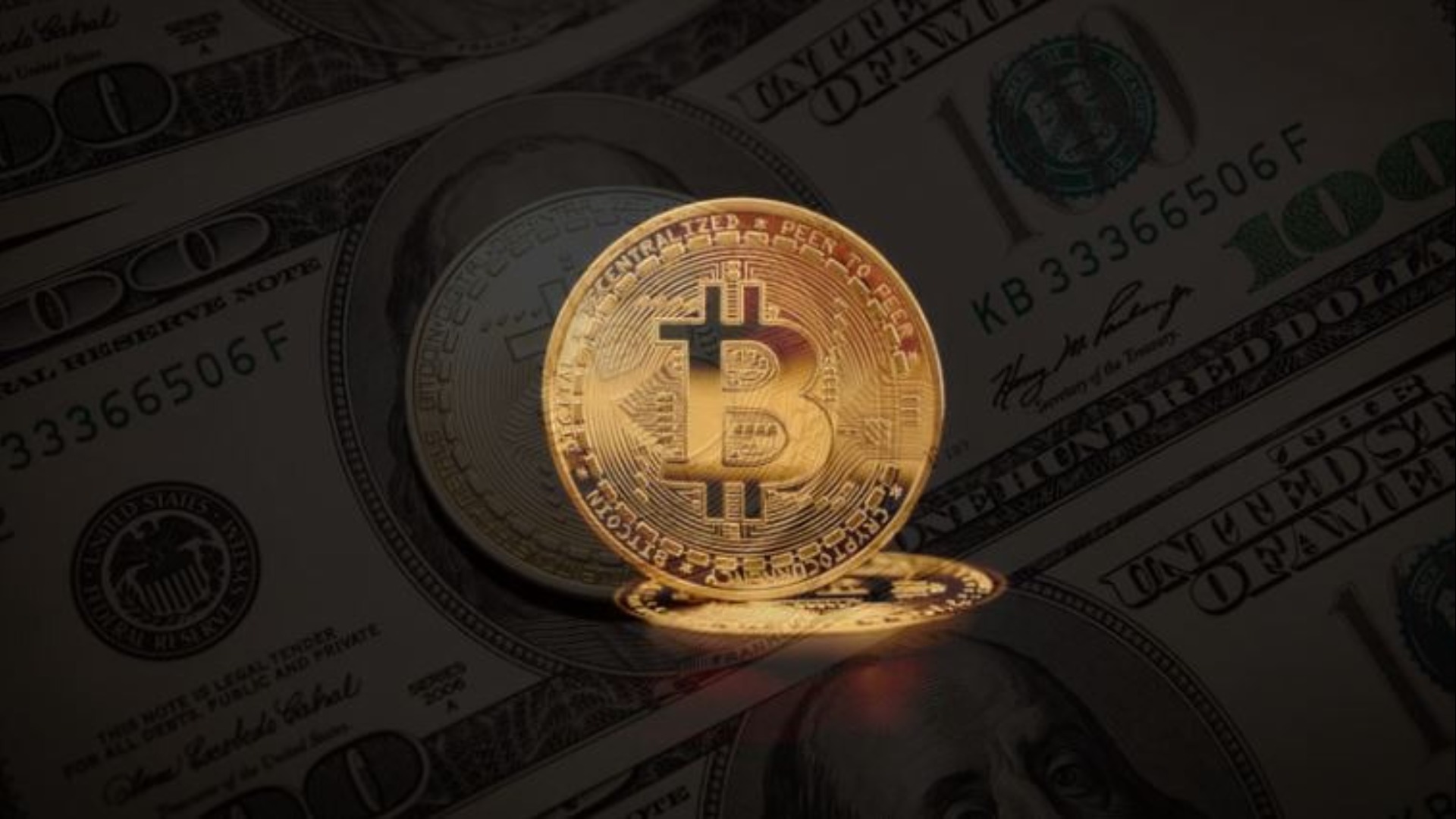Surprisingly Hot Inflation Data Released by The Federal Reserve
The Federal Reserve’s closely watched inflation measure came in hotter than anticipated in February, according to recently published data. This unexpected development has left economists and financial analysts pondering the potential implications for the economy and consumers.
The Details of the Inflation Data
The Consumer Price Index (CPI), which measures the change in prices of a basket of goods and services, increased 0.4% in February, following a 0.1% rise in January. The Core CPI, which excludes food and energy prices, also rose by 0.3% in February, after a 0.2% increase in the previous month.
Impact on the U.S. Economy and Consumers
The unexpectedly high inflation data could lead to the Federal Reserve raising interest rates more aggressively than previously anticipated. This could help curb inflation, but it may also slow economic growth and potentially lead to higher borrowing costs for consumers.
- Rising interest rates could make it more expensive for consumers to borrow money for mortgages, car loans, and credit card debt.
- Slower economic growth could lead to job losses and decreased consumer spending.
- Higher inflation could erode the purchasing power of consumers, making their dollars worth less over time.
Impact on the World
The unexpectedly hot inflation data from the United States could have far-reaching implications for the global economy. Other central banks, particularly those with close ties to the U.S. economy, may be forced to follow the Federal Reserve’s lead and raise interest rates to keep inflation in check.
- Rising interest rates in developed economies could lead to a stronger U.S. dollar, making American exports more expensive and potentially decreasing demand for them.
- Emerging markets, which are more sensitive to interest rate changes, could experience increased borrowing costs and potential economic instability.
- Higher inflation in the U.S. could lead to increased commodity prices, potentially putting pressure on other countries that are heavy consumers of these resources.
Conclusion
The Federal Reserve’s recent inflation data came in hotter than expected, raising concerns about the potential implications for the U.S. economy and consumers. With the possibility of more aggressive interest rate hikes, consumers could face higher borrowing costs, slower economic growth, and decreased purchasing power. The unexpectedly hot inflation data could also have far-reaching implications for the global economy, with potential consequences for emerging markets, commodity prices, and the value of the U.S. dollar.





